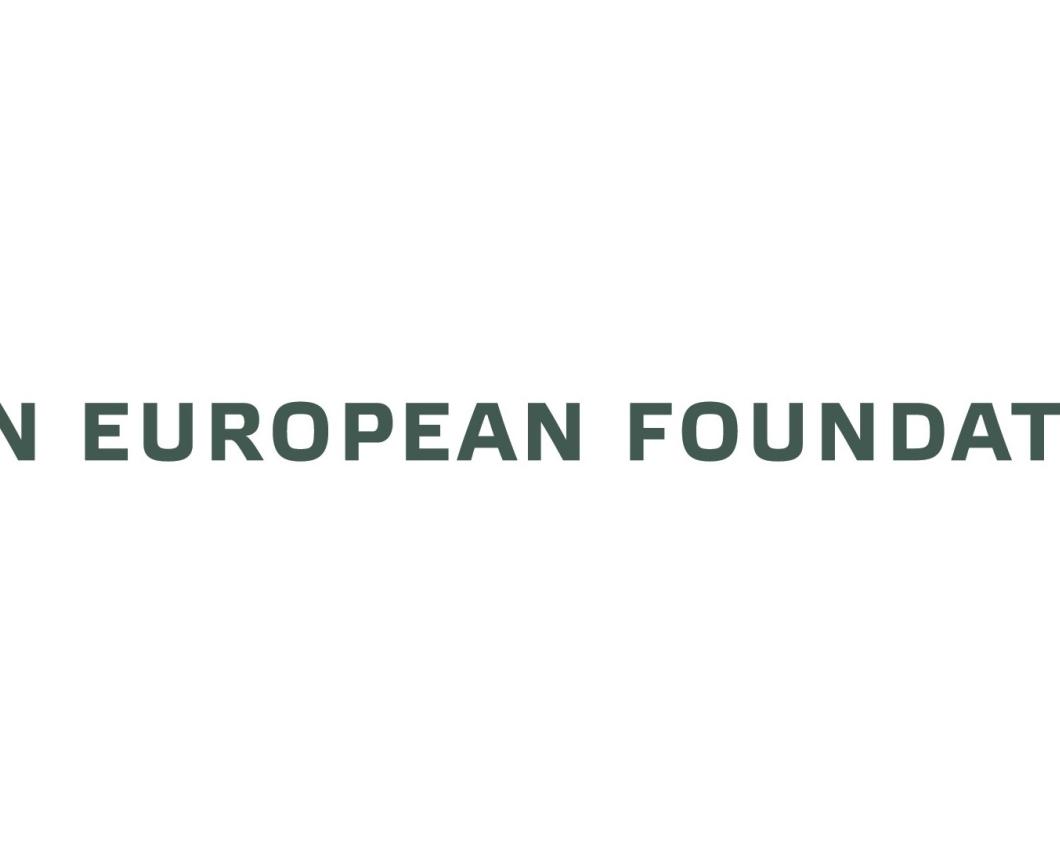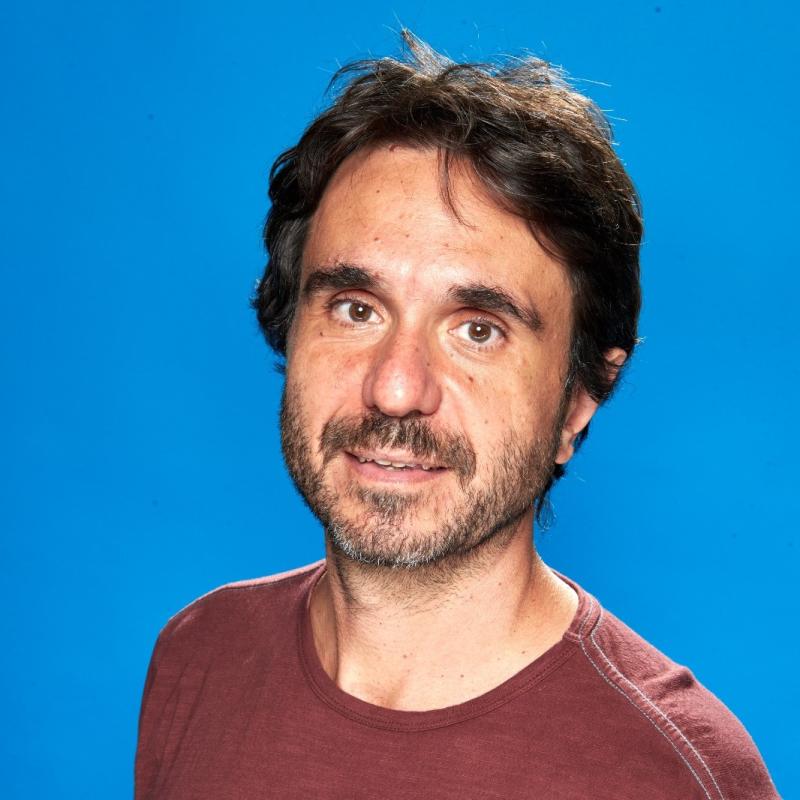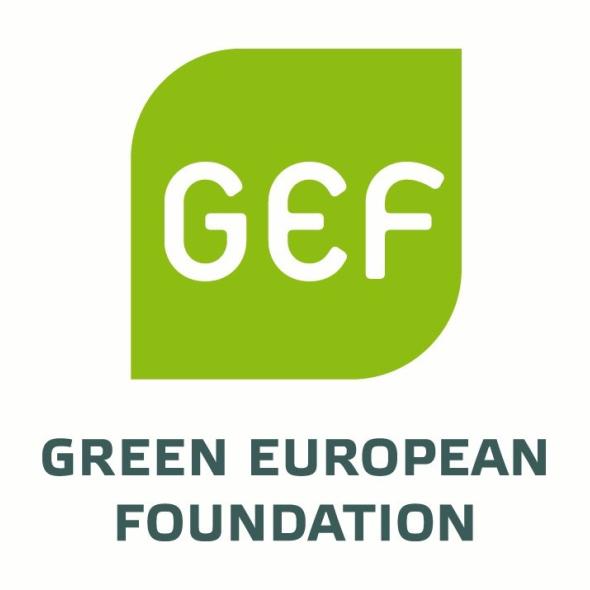Is the EU ready, at the political level, to take the first steps in post-growth planning?
[GK] "No, I don’t think there are signs of any serious political commitment to move in a post-growth direction. There is an unprecedented openness to discuss post-growth, as evidenced by the large conference at the European Parliament in May. And after so many years, there is, at last, some funding for related research. One could say that some ears are more open than they have ever been. But we have to remain realistic. Discussing something for the first time is very far from seriously planning about it, especially in a context of a general conservative turn within most EU countries."
[CM] "I agree with Giorgos. This is a debate that has already taken place in the EU at the level of social and environmental movements, but it’s still far from being embraced by the institutions. In fact, the recent Beyond Growth conference mentioned by Giorgos was a first step towards opening up this debate, but it’s still a long way from being taken up by the institutional side of the EU.
Even more so if we also take into account how the correlation of forces in Europe is changing. The countries that make up the so-called Visegrád group [Hungary, Poland, Czech Republic and Slovakia], which were a priori among the most reluctant on issues of ecological transition, are now joined by countries such as Italy and Finland. In these countries, extreme right and far-right forces are coming to power, which see the fight against climate change and other international policies, such as the 2030 Agenda for Sustainable Development, as establishment policies to be opposed. This emergence, or rather, the growth of these forces and their incorporation into some governments makes it difficult to believe that the European institutions are in a position to raise the debate on post-growth. The political and economic uncertainty in which we live makes it even more unlikely."





